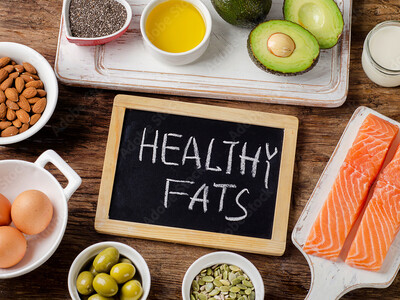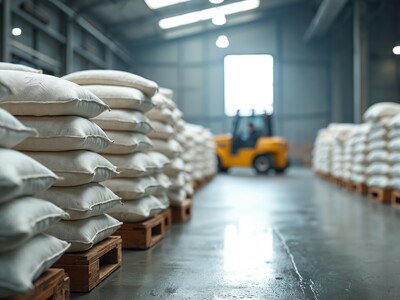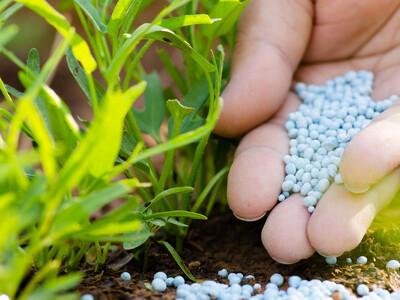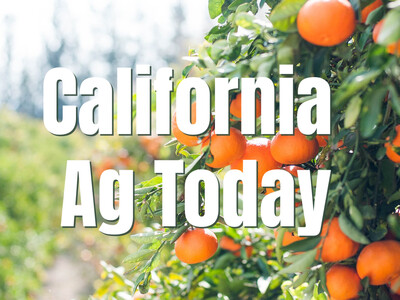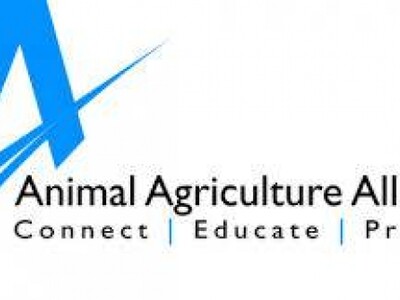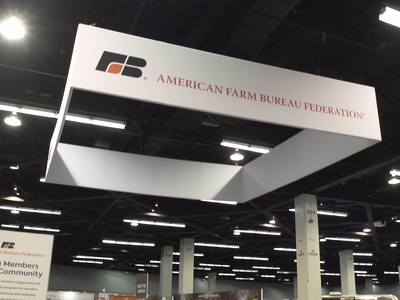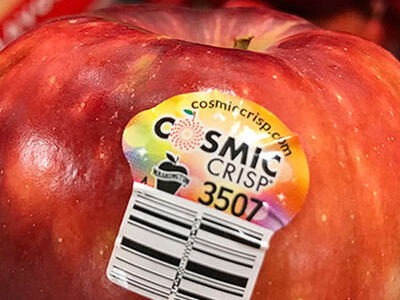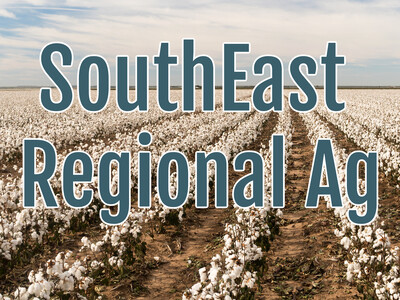Pushing for a Higher Blend
Pushing for a Higher Blend. I’m Greg Martin with today’s Line On Agriculture.
Farmers are hoping the government will decide to gradually raise the blend level for renewable fuels in gasoline from the current 10 percent to 15 percent. American Farm Bureau energy specialist Anne Steckel says this is a good idea for several reasons.
STECKEL: More use of renewable fuels is good for the economy because it does mean we’re going to have more jobs in rural areas. We’re going to be having more green jobs and it broadens the efforts that we can put into our economy right here at home.
Steckel says upping the blend level is necessary to meet the 36 billion gallon renewable fuels standard by 2022. Plus it will offer a needed boost to the renewable fuels industry.
STECKEL: The ethanol industry is going through a lot of financial issues with the economic situation raising the blend level would put more stability in the market.
One pro-ethanol group estimates that increasing the blend rate to 15 percent would create more than 130,000 new jobs and inject more than $24 billion into the
STECKEL: There’s certainly a lot of benefits to using renewable fuels versus a petroleum product. Your air emissions are going to be one of the largest parts of that. It certainly lessens our dependence on foreign oil and really benefits the farming economies and rural
The EPA has about 9 months to make a decision. Steckel says there has been some support in the Obama administration for increasing the blend level of renewable fuels in gasoline.
STECKEL: There have been some in the administration such as the secretary of agriculture and the secretary of transportation that have indicated some support for an intermediary blend level such as e12 or e13. We are working with people at the EPA administrator’s office to make sure they know of that support and of the outside industry support also. And so now we’re just awaiting a decision by the EPA administrator.
Steckel says a number of studies show that a higher blend level would have no negative impact on engines.
STECKEL: We feel very confident in raising the blend level. Because a number of studies have been done saying that it will not hurt your engine. New studies have been done through the federal government and through outside organizations. For the consumer, we’d be able to use less petroleum, meaning we’d be bringing in less imported oil and we’d be using more of these renewable fuels that are here at home.
That’s today’s Line On Agriculture. I’m Greg Martin on the Northwest Ag Information Network.





